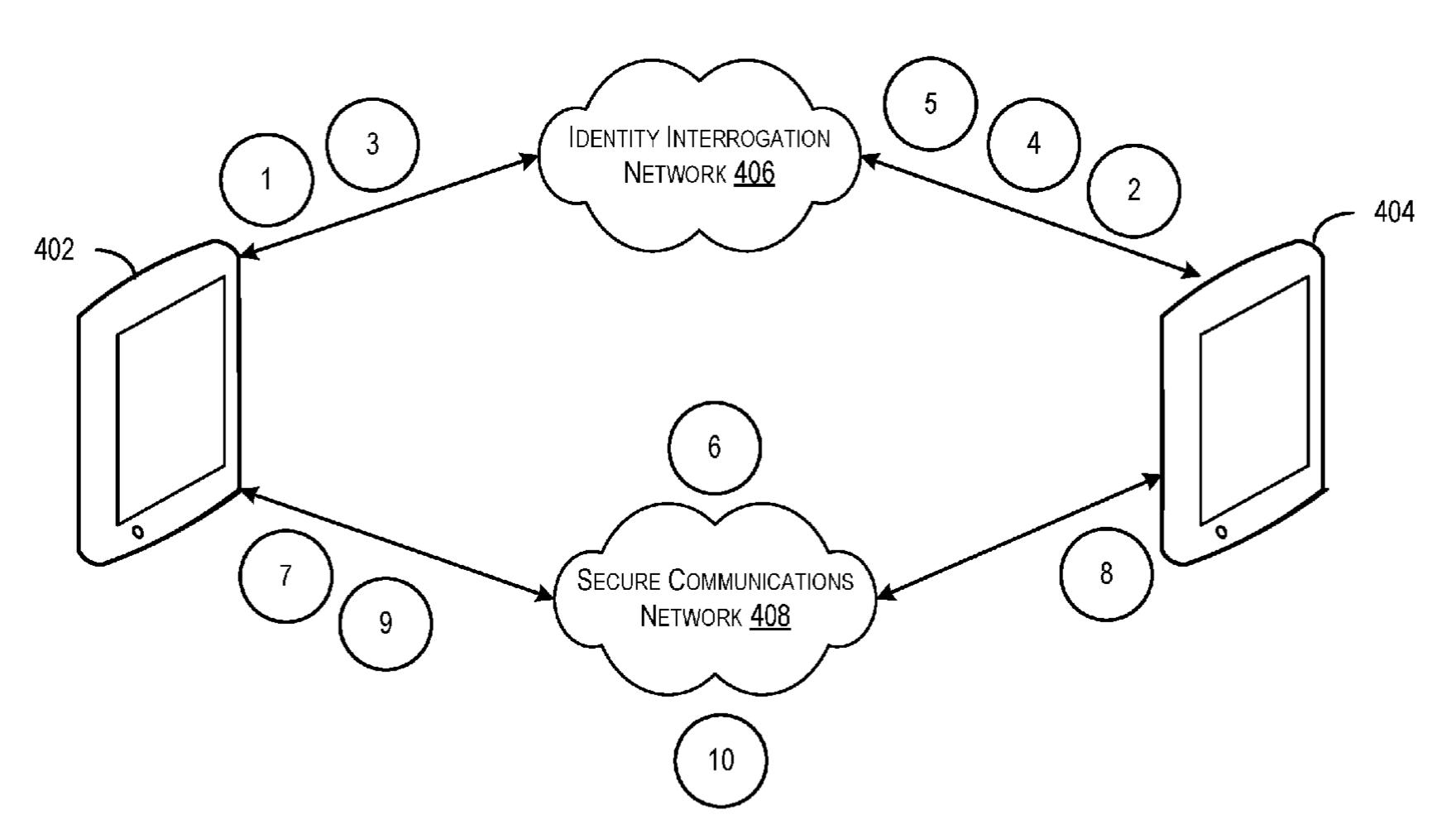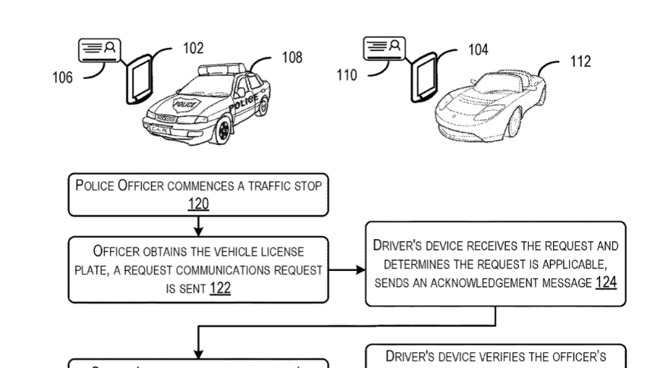Apple patents could revolutionize the way we handle ID credentials like driving licenses and passports

iMore offers spot-on advice and guidance from our team of experts, with decades of Apple device experience to lean on. Learn more with iMore!
You are now subscribed
Your newsletter sign-up was successful

What you need to know
- Two Apple patents have revealed the company is exploring ways to store government ID securely on user devices.
- Both are entitled "Identity Credential Verification Techniques".
- Stored ID credentials could be securely shared with government agencies when required.
Two Apple patents published today have revealed how Apple is exploring ways and means of storing governemnt ID securely on devices, with provisions to transmit the information securely when it's requested by agencies like law enforcement.
As reported by AppleInsider, both patents are titled "Identity Credential Verification Techniques." They essentially cover the concept of replacing physical government identification, i.e. a driving license or passport with a digital version. The most interesting part seems to be the ability to transmit the information to government agencies such as law enforcement by the user.
The report notes:
"These patents regard, among other things, improving data security with respect to data collection, verification, and authentication techniques associated with obtaining and transmitting identity information," it continues.The creation of an identity, it says, could be done by a government agency such as the US Department of Motor Vehicles."By way of example, the DMV may provision a credential that includes a person's driver's license information," it says. "In some embodiments, the credential may be digitally signed by using a private key of the DMV such that the identity credential may be verified using a public key associated with the DMV.""Once provisioned," it continues, "a user may receive the identity credential electronically (e.g., via an application operating on the user's device). Subsequently, when the user desires to provide some portion of their identity information, the identity credential may be utilized to provide the information to another user device."
So not only would this tech allow you to send your data to an agency to apply for say, a driving license, if you were ever required to provide that license (for example during a traffic stop), the system would allow a Police Officer to scan your license plate, automatically triggering a notification on your device to tell you that your data was being requested. You would also be provided with information regarding who is requesting the information (in this case the officers own ID). if you accepted the request you could then respond via your iPhone, and your device would transmit "at least a portion of your driver's identity credentials."
The information that this patent could cover includes but is not limited too, passport information, vehicle registration info, immigrant/non-immigrant visa information, insurance documents.
Certainly as technology becomes more secure, it seems natural that we might progress to a world that no longer relies on physical identification credentials such as passports or driving licenses. Could a system that lets you apply for those credentials securely from your device, carry them on your phone at all times and securely transmit them to a revelant agency be a good move?
iMore offers spot-on advice and guidance from our team of experts, with decades of Apple device experience to lean on. Learn more with iMore!

Stephen Warwick has written about Apple for five years at iMore and previously elsewhere. He covers all of iMore's latest breaking news regarding all of Apple's products and services, both hardware and software. Stephen has interviewed industry experts in a range of fields including finance, litigation, security, and more. He also specializes in curating and reviewing audio hardware and has experience beyond journalism in sound engineering, production, and design.
Before becoming a writer Stephen studied Ancient History at University and also worked at Apple for more than two years. Stephen is also a host on the iMore show, a weekly podcast recorded live that discusses the latest in breaking Apple news, as well as featuring fun trivia about all things Apple. Follow him on Twitter @stephenwarwick9
